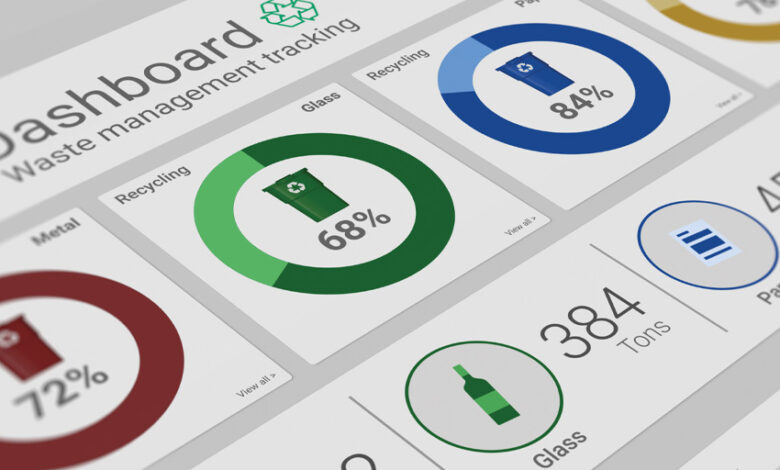Digitalising waste

A consultation, being carried out collaboratively between the UK Government and the devolved departments in Northern Ireland, Scotland, and Wales, is proposing the digitalisation of waste tracking services.
In Northern Ireland, the export of waste is a lucrative industry, with 260,132 tonnes of municipal waste from a mixture of landfill, recycling, and energy recovery being sold to a diverse portfolio of markets ranging from Saudi Arabia to Singapore.
Across the United Kingdom, over 200 million tonnes of waste are produced each year but there is currently no single or comprehensive way of tracking it, with legislation relating to the transport, management, and description of waste being introduced separately over three decades.
The consultation is proposing the establishment of a single UK-wide database with the objective of replacing the current method of paper-based record keeping.
The UK Department for Environment, Food and Rural Affairs argues that centralisation and digitalisation of data keeping will make it much easier and less time consuming for “legitimate waste companies” to comply with reporting requirements whilst making it much harder for rogue operators to compete in the industry and commit waste crime including fly tipping, deliberate misclassification of waste, illegal waste exports and the operation of illegal waste sites.
Among the proposals are for the categorisation of waste types and the tracking of waste activities.
To categorise waste types, the UK Government proposes that controlled waste (encompassing both hazardous and non-hazardous household, commercial and industrial waste) and extractive waste (such as from mines and quarries) are covered by information recording requirements for a digital waste tracking service.
To track waste activity, the British Government is further proposing using the waste tracking service to capture the full journey of waste from the point it is produced and transferred to another person or site, to the point it reaches its end fate. It proposes harmonising the activities that are recorded in this journey for all wastes, so there is a “single, comprehensive, and consistent approach which is clear to all waste holders”.
As part of this approach, the UK Government further proposes recording the next destination for end of waste products and materials with the objective of obtaining a full picture of what happens to all waste, including where it is circling back into the economy as a resource.
Whilst waste policy is a devolved matter, the British Government and devolved administrations have agreed to work together to develop a UK-wide waste tracking service with the objective of providing a seamless system across the UK.
Accordingly, the consultation is being undertaken jointly by the UK Government, the Scottish Government, and the Welsh Government, alongside the Department of Agriculture, Environment and Rural Affairs in Northern Ireland. However, the ability for DAERA to make decisions amid the absence of a Minister means that it is unlikely that this plan will be implemented in the short term.
DAERA commentA DAERA spokesperson said: “In keeping with the policy direction from the then Minister Edwin Poots, DAERA participated in the UK-wide consultation on proposed mandatory digital waste tracking. Since then the Department has continued to follow this policy direction in working with [Great Britain] colleagues and in carrying out necessary preparatory work for an incoming minister. “Teams from both Environment Resources Policy Division and from the Northern Ireland Environment Agency are currently engaged in this preparatory work though ultimately this will be subject to approval across all four legislatures and subsequent parliamentary approval via an affirmative statutory instrument.” |





